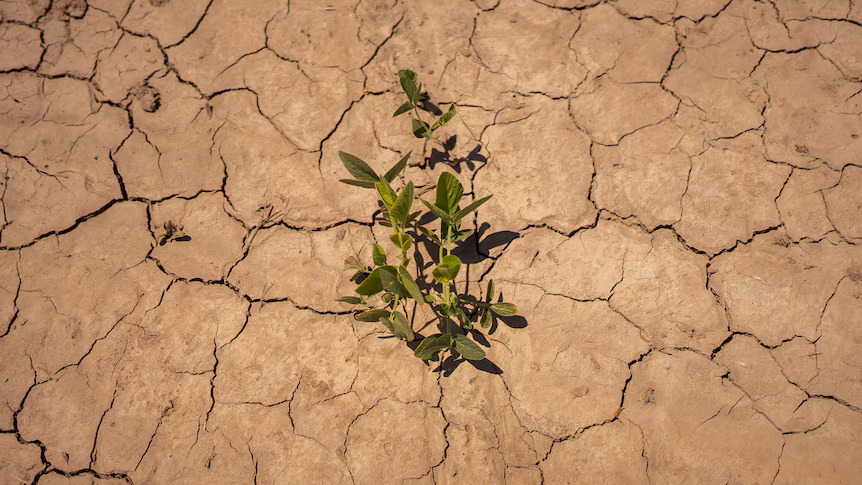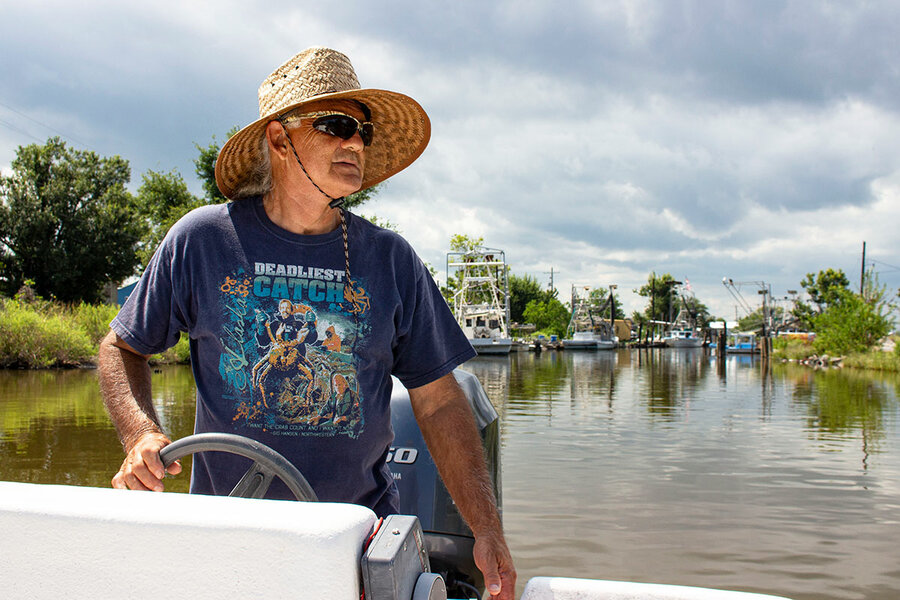Original publication by Roxanne Fitzgerald for abc.net.au on 13 December 22

(Supplied: Keiran Lusk)
The race to find lithium — the indispensable ingredient that is powering the world’s electric vehicles — is heating up in the Northern Territory.
Resource companies Ragusa Minerals and Lithium Plus have reported promising results from exploration drilling on the border of Litchfield National Park, about 100 kilometres south of Darwin.
It could mean a new stream of a mineral needed in the global energy transition that would solidify Australia’s status as a world leader in supply.
But there are concerns about whether or not lithium can be sourced sustainably in areas of high conservation status.

(ABC Katherine: Roxanne Fitzgerald)
Phil and Tali Kuebler packed up their life in Darwin two years ago to take up jobs managing the Litchfield Safari Camp, a 130-hectare property 4 kilometres from popular tourism destination Wangi Falls.
They also bought into the adjacent property as a part of their lifestyle change.
In September, Melbourne company URO Corporation lodged an application to explore for uranium and lithium on 299 square kilometres of land that crossed through the safari camp and their property.
“Our neighbour received a notice that there was a mining lease on their property … but we didn’t receive anything from the company at all,” Ms Kuebler said.
In the Territory, mining companies don’t require the consent of the land owner when searching for minerals, and can apply to carry out mining activities on private property.
When the Kueblers found out about the company’s plans, they rallied the community and launched a petition that garnered 1,000 signatures. Their efforts resulted in the boundary of the mining permit being moved further from their property.
“Anyone that heard about it was just shocked that mining could happen this close to a national park,” Ms Kuebler said.
“The whole point of renewable energy is supposed to be to protect the environment, and if we’re damaging the environment to protect the environment, that doesn’t really make sense to me.”

(ABC Katherine: Roxanne Fitzgerald)
Pastoralists Shannon and Daniel Tapp haven’t had the same success on their nearby property.
Ragusa Minerals has an approved permit to explore for lithium, despite objections.
“We pay big money for this land and basically minerals companies can come and they’ve got priority over the land holder,” Mr Tapp said.
“It’s our business, it’s our livelihoods, and it’s our future, and it’s not right to be mining particularly in these areas of environmental significance.”
In response to community concern action group Friends of Litchfield Finnis was formed three months ago.
Its 25 members, which include pastoralists, tourism operators and organic farmers, question why lithium mining was happening on their land and on the border of an area set aside for preservation.

(ABC Katherine: Roxanne Fitzgerald)
University of Queensland professor of conservation science James Watson says that mining associated with renewable energy could cover about 50 million square kilometres of the Earth’s surface by 2050.
His prediction is startling.
“About 10 per cent will be in national parks and protected areas, another 7 or so per cent will be in areas that have been identified as critical biodiversity areas to sustain species and stop extinction, and a further 15 per cent or so will be in our last remaining wilderness on the planet,” he said.
He said a national conversation was needed about where mining took place.

(ABC News: Jesse Thompson)
Professor Watson said that while mining was essential, there was not enough lithium to power all of the electric cars needed in the future.
“The bad old days of the wild west of biodiversity being a thing that people don’t care about are over, and if you want to be a profitable, sustainable industry when it comes to mining in Australia, you need to do things properly,” he said.
“A core part of that is to make sure your mining doesn’t impact or exacerbate the biodiversity crisis that Australia is facing.
“[There needs to be a] sensible conversation about putting mines on lands that are already degraded.”
Ragusa Minerals declined the ABC’s request for an interview, but its chairman Jerko Zuvela has previously said the Litchfield project would adhere to the highest environmental standards.
“It borders a national park so we’ve got an extra level of caution and concern,” he told the ABC in May, adding that licences came with environmental conditions “and obviously we would be following all those”.
Federal Environment Minister Tanya Plebersek last week announced a landmark overhaul of Australia’s environment laws, including establishing a federal environmental protection agency.
University of Melbourne research fellow Tim Werner said there would always be a toll to mining.
“So the question is can we be strategic about sourcing our lithium from the lowest cost places around the world,” he said.
“I visited Litchfield last year and it’s a stunningly beautiful part of the world and it most certainly is worth protecting, so we would need to see from the mining companies very detailed plans and real science to prove that what ever operations they proposed for the area would have no impact.”




